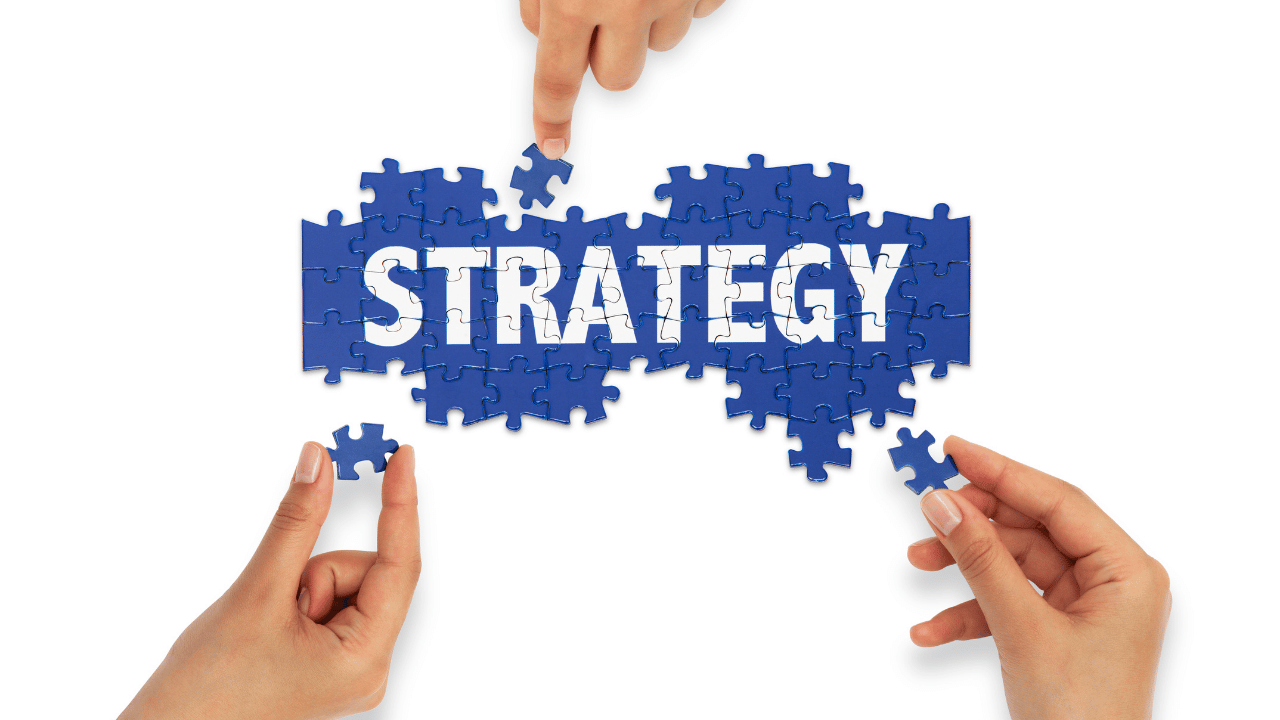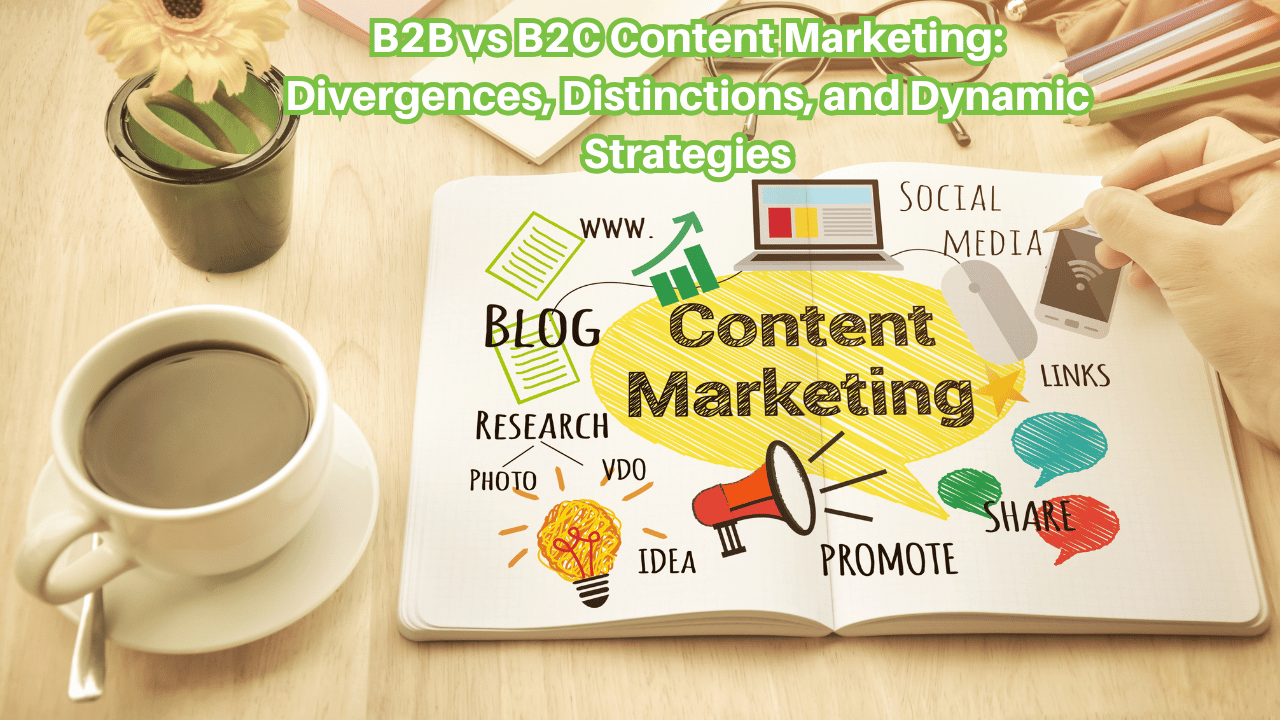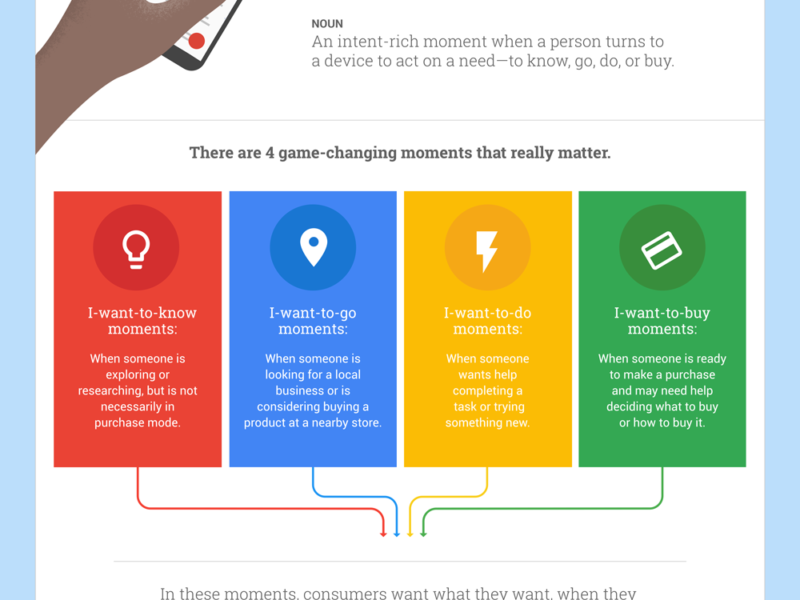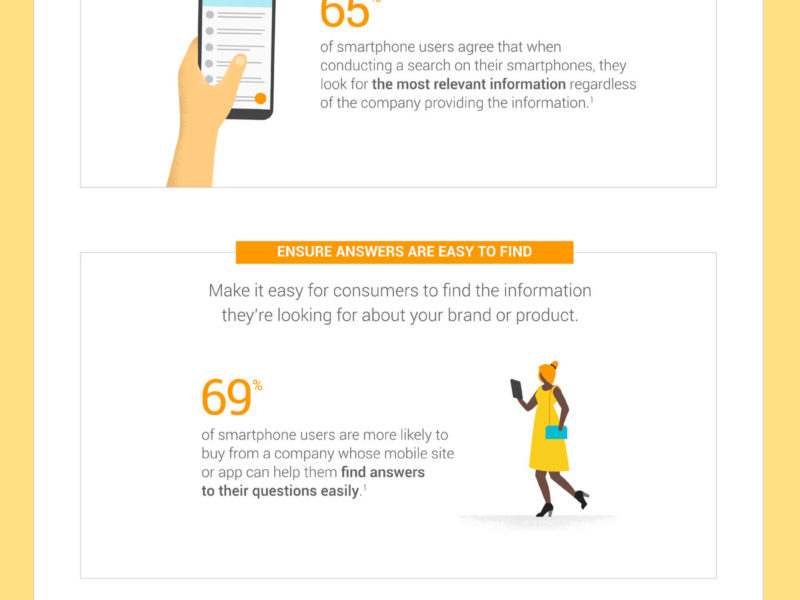The marketing world is a dynamic battlefield, constantly shifting and evolving. Understanding its intricacies requires understanding its fundamental classifications, that is, Business-to-Business (B2B) and Business-to-Consumer (B2C) marketing. Although they both fall under the larger umbrella of marketing, they are two distinct entities, each requiring a unique approach. This blog post will dive into the subtleties of B2B and B2C content marketing, their differences, and their respective strategies.
B2B vs B2C Content Marketing Approaches

B2B marketing refers to transactions between businesses. It typically involves the sale of products or services from one company to another. Content marketing in this realm is often more informational and professional, aiming to establish the seller as a thought-leader in the industry. It requires a deep understanding of the customer’s business needs, and the content is usually longer and more detailed.
On the other hand, B2C marketing refers to transactions between a business and its end-users or consumers. Its content marketing is relatively more casual and aims to create an emotional connection with the consumers. It emphasizes quick gratification and appeals to the consumer’s personal benefits.
Differences between B2B and B2C Content Marketing
The primary differences between B2B and B2C content marketing lie in their target audiences, sales cycles, purchasing motivations, and content types. B2B marketing generally targets a smaller, more niche audience with longer sales cycles, driven by logic and financial implications. B2C marketing targets a larger audience, has shorter sales cycles, and taps into consumers’ emotions and personal desires.
The content for B2B marketing is typically factual, complex, and in-depth, covering white papers, webinars, case studies, and industry reports. In contrast, B2C content marketing uses simpler language and is more direct, often employing social media posts, blogs, videos, and infographics to appeal to the consumer’s lifestyle and interests.
Successful B2B and B2C Content Marketing Strategies

Regardless of whether you’re a B2B or a B2C marketer, strategic planning is crucial for success. For B2B content marketing, focus on building long-term relationships by consistently providing valuable and insightful content that positions your business as an industry leader. Personalize and segment your content to cater to the unique needs of your professional audience. Use LinkedIn, email newsletters, and industry events as key distribution channels.
For B2C content marketing, seek to entertain, inspire, and engage with your audience. Emphasize storytelling and create emotionally resonant content that speaks to your consumers’ needs, desires, and lifestyle. Social media platforms, especially Instagram, Facebook, and YouTube, are powerful tools for content distribution in the B2C realm.
Conclusion
While B2B and B2C content marketing are fundamentally different, they both require clear understanding of their audience, strategic planning, and creativity. By recognizing their distinctions and implementing appropriate strategies, businesses can effectively communicate with their customers and drive successful marketing outcomes. Remember, the key is not to merely sell a product or service, but to build a relationship with your audience.




